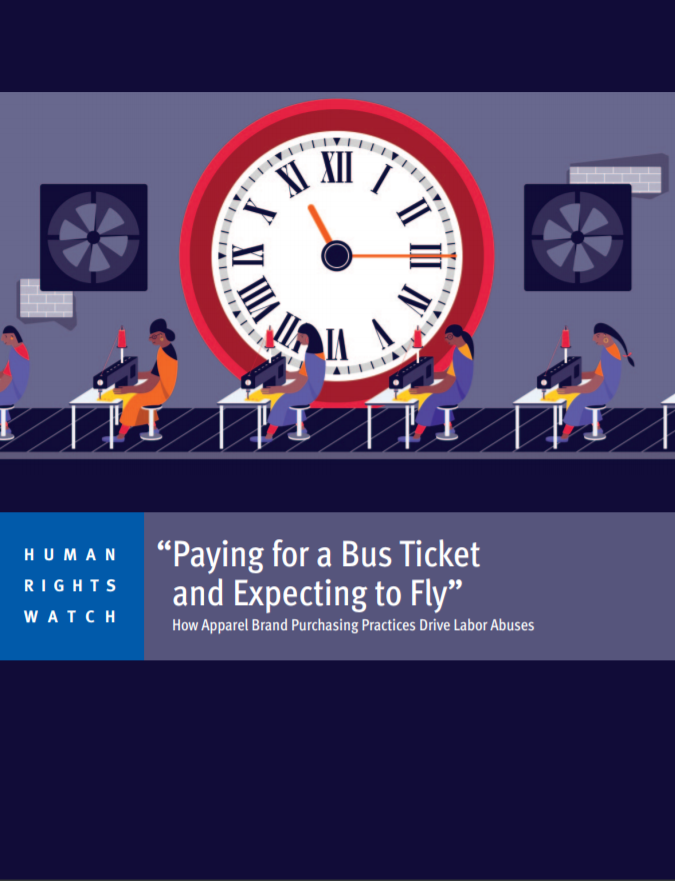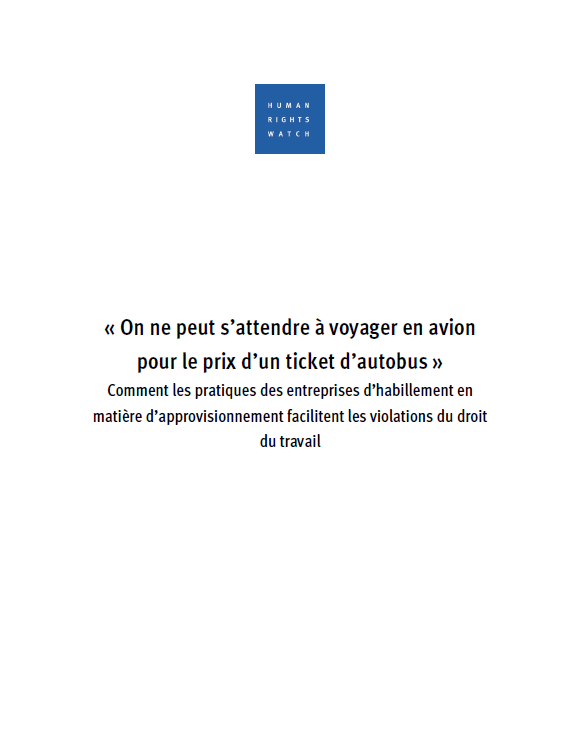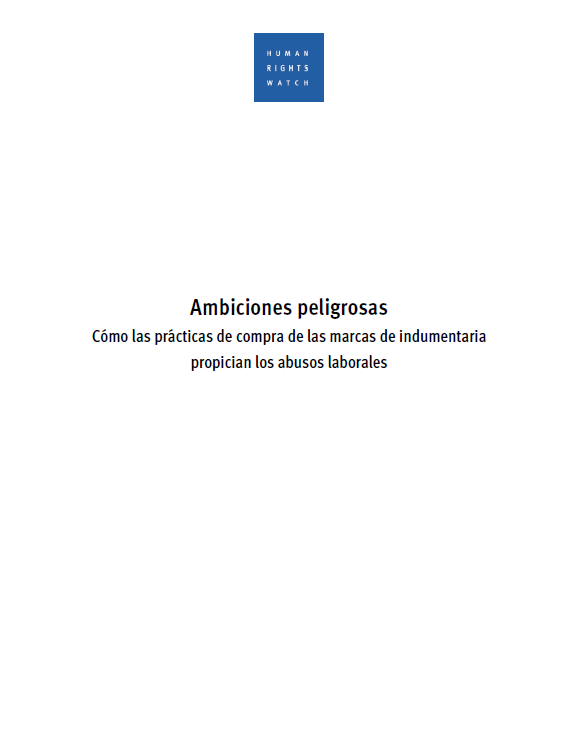COVID-19: Guidance for Employers and Business to Enhance Migrant Worker Protection during the Current Health Crisis
COVID-19 resourcesGuidanceEmployers and business play a vital role in protecting migrant workers and their communities during the COVID-19 pandemic. Many provide essential care, services and goods and, in doing so, rely heavily on their migrant workforce. This includes nurse...Read More



